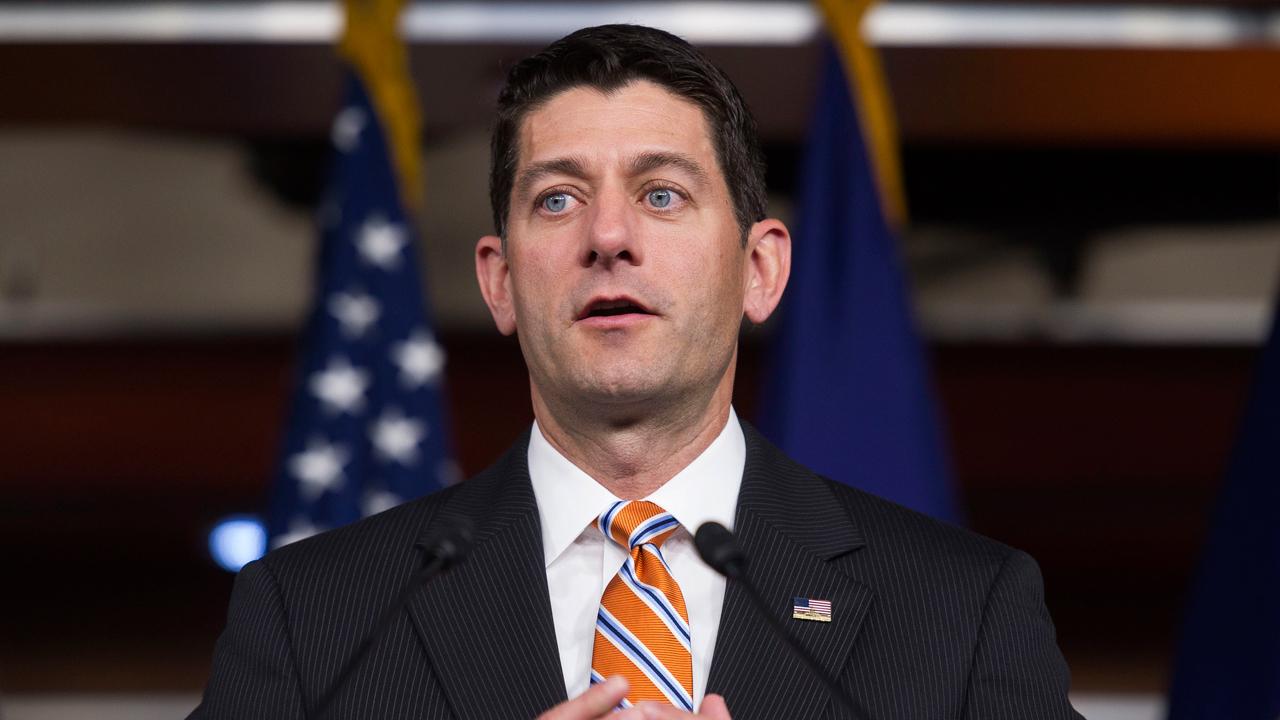Ryan: Tax overhaul will prioritize savings, eliminate estate tax
Tax reform will happen this year, House Speaker Paul Ryan said Tuesday, describing the plan as one that will prioritize America’s small businesses and reward those who save for the future.
“There are certain things we do want to prioritize and emphasize: charitable giving, buying a house and saving for retirement … right now what I would argue is the tax code is biased against savings and investment,†Ryan said before the National Association of Manufacturers Tuesday. “At the very least we want to remove that bias against savings and investment so that people can save for the future.â€
A recent survey showed 69 percent of Americans have less than $1,000 stashed away, while 34 percent have nothing saved. Ryan said the administration is working on a tax code that will deliver economic growth of 3 to 4 percent, something that will help Americans save for retirement.
Another way the administration hopes to incentivize investment is by eliminating the estate tax.
“We want to get rid of it … just from a moral principle, you pay all these taxes while you’re living … sometimes multiple times on the same dollar, and then what you die, and it gets taxed?â€
Eliminating the estate tax was part of the Trump administration’s blueprint for a tax overhaul released in April, and Ryan said this tax in particular has a huge impact on small businesses and others who are “asset wealthy.â€
“This is one of the greatest killers of inter-generational transfer of small businesses, from family businesses, to one family to the next … what are you going to do just cut your business in half and sell off a bunch of your assets just to try and pay the tax to stay in business, to hand it on from one family to the next?â€
Ryan said lawmakers have a “once in a generation†opportunity to “do something absolutely transformational,†noting former President Ronald Reagan was the last president to implement a comprehensive tax reform proposal.
Earlier in the day, Vice President Mike Pence spoke at the same conference, saying he expected ObamaCare to be repealed and replaced by the end of the summer and tax reform to be passed in 2017. While the health care bill passed the House last month by a narrow margin, tax reform still needs to be crafted into a piece of legislation.
On Tuesday, Treasury Secretary Steven Mnuchin and National Economic Director Gary Cohn held a listening session with business owners at the White House as they worked on writing the tax reform bill. Cohn said the goal is to have a bill to Congress within the first couple weeks of September. He also said the president has been very involved in the process, calling “once or twice a day†to ask how tax reform is coming along.




















